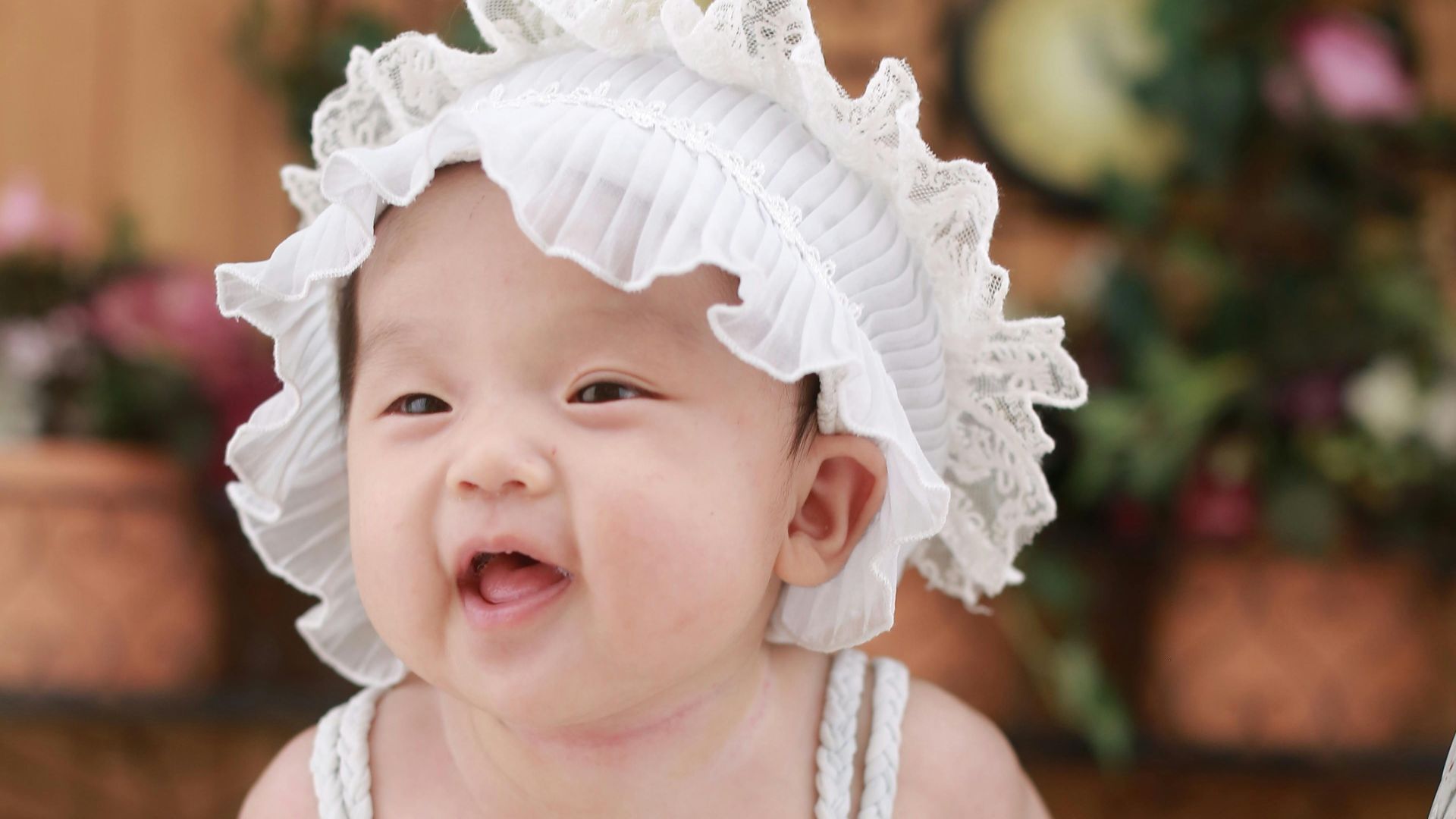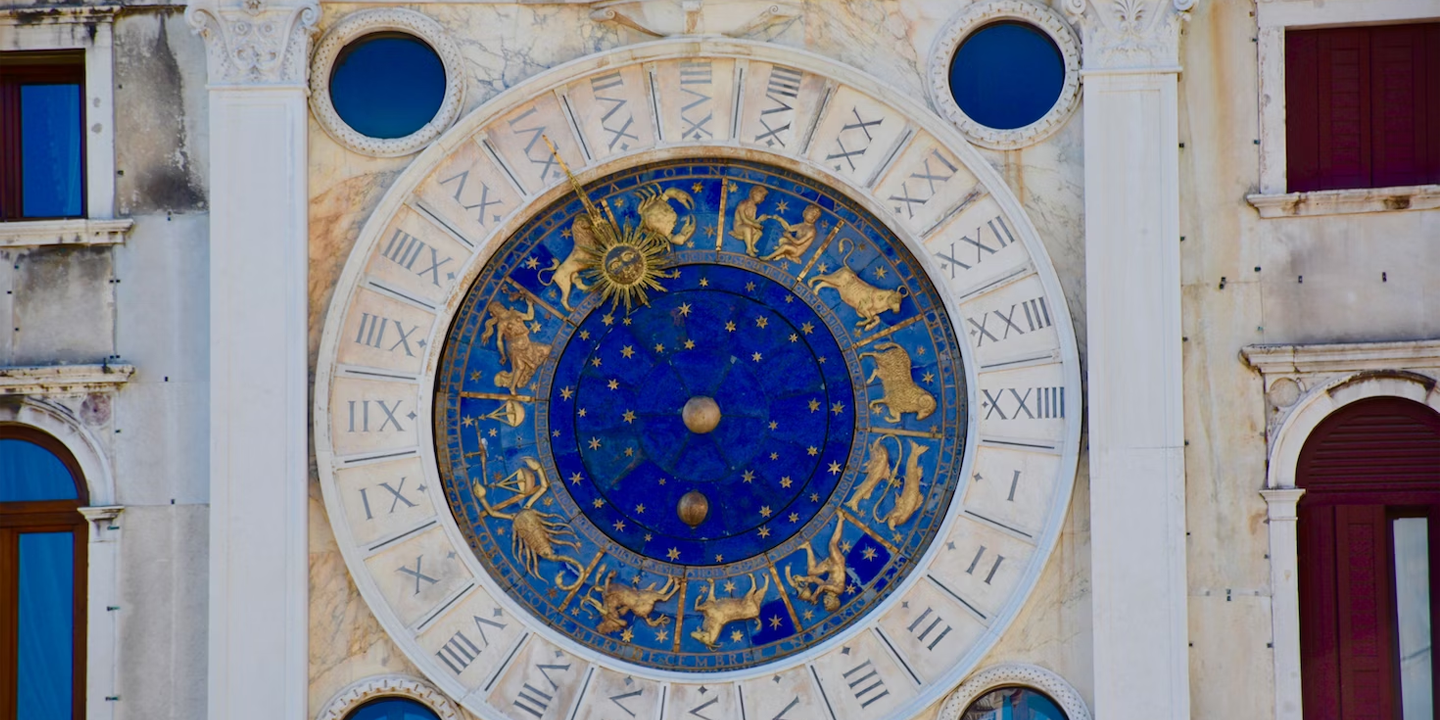The 10 Most Popular Names for Baby Girls in America & the 10 Most Popular Names for Baby Boys
The 10 Most Popular Names for Baby Girls in America & the 10 Most Popular Names for Baby Boys
What’s In a Name?
What do you look for in a name? Originality? Class? Memory? The Social Security Administration recently released their list of the 10 most popular girl and boy names in 2024, and it’s always fun to see what names are topping the charts. The latest list sees a trend of classic names from the Bible and beyond, as well as a few trendier variants on old favorites. Girl names mainly stuck to the light and airy feminine favorites ending in -ia, while boy names have skewed more serious and traditional; names your father or grandfather could have had, but elevated for a new era. Without further ado, let’s dive in!
1. Olivia
Olivia comes from the Latin word “oliva” meaning—you guessed it—olive or olive tree. While Olivia has been used in the English-speaking world since the 1200s, it was popularized in William Shakespeare’s play Twelfth Night. Since then, Olivia has been at the top of the list for expectant parents; in fact, it’s been the top name for girls since 2019!
2. Emma
The top name for baby girls from 2014-2018, Emma beat out similar names such as Emily, Amelia, and Emmy for second place in 2024. This lovely name, meaning “whole” or “universal,” likely derived from the Germanic names Ermengarde and Ermentrude. While vintage baby names have been making a comeback, it’s unlikely that those two names in particular will be competing with the Emmas of the world any time soon.
3. Amelia
Coming in hot on the heels of Emma and Olivia is Amelia. With Germanic roots meaning “vigorous or active” and an association with the trail-blazing aviator Amelia Earhart, this is the perfect name to inspire your little one to greatness. With potential for nicknames like Amy, Millie, and Mia, and a classic sound to it, Amelia has been one of the most popular names of the decade so far.
4. Charlotte
Derived from an old French name meaning “freedom”, Charlotte is associated with luxury and royalty. Although never uncommon, the name experienced a surge in popularity after the birth of Princess Charlotte in 2015 and has not left the top 10 since, likely due in part to the popularity of period pieces such as Bridgerton and Queen Charlotte. Other Charlottes may owe their names to Charlotte’s Web or the groundbreaking novels of Charlotte Bronte.
5. Mia
A shortened version of the name Maria, itself a variation of the Hebrew name Miryam, Mia has stood the test of time as a stand-alone name. Aided in its rise to popularity by prominent figures such as '70s scream queen Mia Farrow and soccer pro Mia Hamm, this name took off in the swinging ‘60s and has been on the rise since. Cute as a button and easy to spell, we reckon that this is one baby name that will be filling kindergarten registers for years to come.
6. Sophia/Sofia
Another name ending with the popular-ia suffix is Sophia, which comes from the Greek word sophos, meaning “wisdom”. Ever since the Social Security Administration started tracking baby names in the 1880s, Sophia has made the top 1000! While the name experienced a brief decline in popularity from the early-mid 20th century, Sophia skyrocketed up the charts in the 90s and 2000s, with alternate spelling Sofia rounding out the list at #10.
7. Isabella
Isabella is another name with a somewhat convoluted etymology, ultimately derived from the Hebrew name Elisheva, meaning “God is my oath”. With a classic sound, nickname potential abound, and royal pedigree, Isabella is a tried and true name in the Anglosphere. However, if you love the name but don’t want your daughter to be known as “Isabella #3” on her attendance lists, try variations such as Isabel, Isabelle, or Isobel.
8. Evelyn
The history behind the lovely name Evelyn—derived from the old French Aveline meaning “hazelnut”—may surprise you. Not only was it originally used as a surname, but it also used to be a unisex, predominantly masculine name; see the case of the British novelist Evelyn Waugh, who married a woman named Evelyn Gardener! Today, the name is solidly feminine, though we do think it could be interesting if we see a resurgence among baby boys.
9. Ava
We aren’t quite sure where the name Ava came from–likely a medieval Germanic root–but one thing that’s certain is the name’s enduring popularity. There was an explosion of Avas following the death of Hollywood starlet Ava Gardner in 1990, with celebrity parents such as Ryan Philippe and Reese Witherspoon naming their daughter after the Golden Age glamor symbol. Since then, Ava jumped nearly 200 places in the US top baby names, jumping from #180 in 2000 to #9 in 2024.
10. Camila
Rounding out the bottom of the list is Camila, a Romance-language variant on an Ancient Roman name meaning “attendant”. While the spelling with two l’s is associated with Queen Camilla, its popularity across the Atlantic is likely due to the large Hispanic population in the United States—the largest racial or ethnic minority in the country!
1. Liam
Irish names, such as Aiden and Rowan, are all the rage, but none more so than Liam, which has been the top name for American boys since 2017! Derived from Uilliam, the Gaelic form of William, this nickname-turned-legal-name was virtually unknown outside of Ireland until the mid-19th century. Only after a whopping 1.5 million Irish immigrants landed on foreign shores following the Great Famine did this name finally cross the pond and break into the mainstream.
2. Noah
One of the most popular Biblical names of all time, it should come as no surprise that the etymology of the name Noah comes from the ancient Hebrew meaning “rest” or “comfort”. But you don’t need to be religious to take comfort in this long-adored name; over 20 thousand Noahs were born in 2024 alone! With its short length, unisex potential, and cross-cultural appeal, it’s no wonder that Noah was the second most popular name of 2024.
3. Oliver
We’ve talked about Olivia, the reigning queen of 2024 baby names, but what about her masculine counterpart, Oliver? Unsurprisingly, Oliver comes from the Latin source olivarius, meaning “olive tree planter” or “olive branch bearer”, and has been commonly used in English-speaking countries since the 11th century. Despite being given a bad rap due to the draconian policies of Oliver Cromwell, the publication of Charles Dickens’ Oliver Twist has helped to rehabilitate the Olivers of the world.
4. Theodore
The name of popes, presidents, and singing chipmunks, Theodore comes from the Ancient Greek Theódoros, meaning “gift of the gods”. This well-loved name has seen a massive rise in popularity in the 21st century, jumping from #312 in 2000 to its current place at #4. With adorable nicknames such as Theo and Teddy, we can only assume that Theodore will continue to rise throughout the 2020s.
5. James
An English variant on Jacob, meaning “he will” (the etymology is a little muddled on this one), James is statistically one of the most common names in America. In the past century, more than 4 million babies have been named James and, while the name may have flourished during the Baby Boom, it never went away. At least with variations such as Jamie, Jimmy, and Jem, you shouldn’t have to worry too much about one James getting mistaken for another.
6. Henry
Derived from the Old French Henri meaning “home ruler”, the name Henry was once so popular that it became a placeholder for any male name. While its reputation has been long-linked to Henry VIII of England—he of the six wives—modern Henrys may take their names from actor Henry Cavill, or Prince Harry, who chooses to go by a nickname.
7. Mateo
With the US being home to more than 43 million Spanish speakers, it’s no surprise that this Spanish-language variant of Matthew would break the top ten. Originally tracing back to the Hebrew meaning “gift of god”, Mateo is just one of countless variations on this evergreen name. Popular in the Western world since the Middle Ages, the rise of Mateo specifically speaks to the melting pot of cultures that make up modern America.
8. Elijah
Elijah, and its less common variant Elias, meaning “Yahweh is my God,” is another ancient name that’s never gone out of style. Popular among followers of the Abrahamic faiths and secular parents alike for its numerous variations, reliability, and the fact that it’s fun to say.
9. Lucas
Lucas comes from the Latin word lucere meaning “to shine” and provides a more youthful and relaxed alternative to the serious-sounding Luke. Following the release of A New Hope in 1977, variations of Luke and Lucas exploded in popularity and have stayed high on the charts since. In the past 35 years, Lucas has stayed steady within the Top 100 boy names.
10. William
While Liam stands strong at the top of the list, William rounds out the bottom of the list. Inextricably linked to William the Conqueror, this is one name that may well endure another millennium. With a legacy that includes four presidents, four kings of England (and counting), one of the greatest writers in the English language, and Bill Nye the Science Guy himself, it’s no wonder that William continues to inspire generations of parents.




























